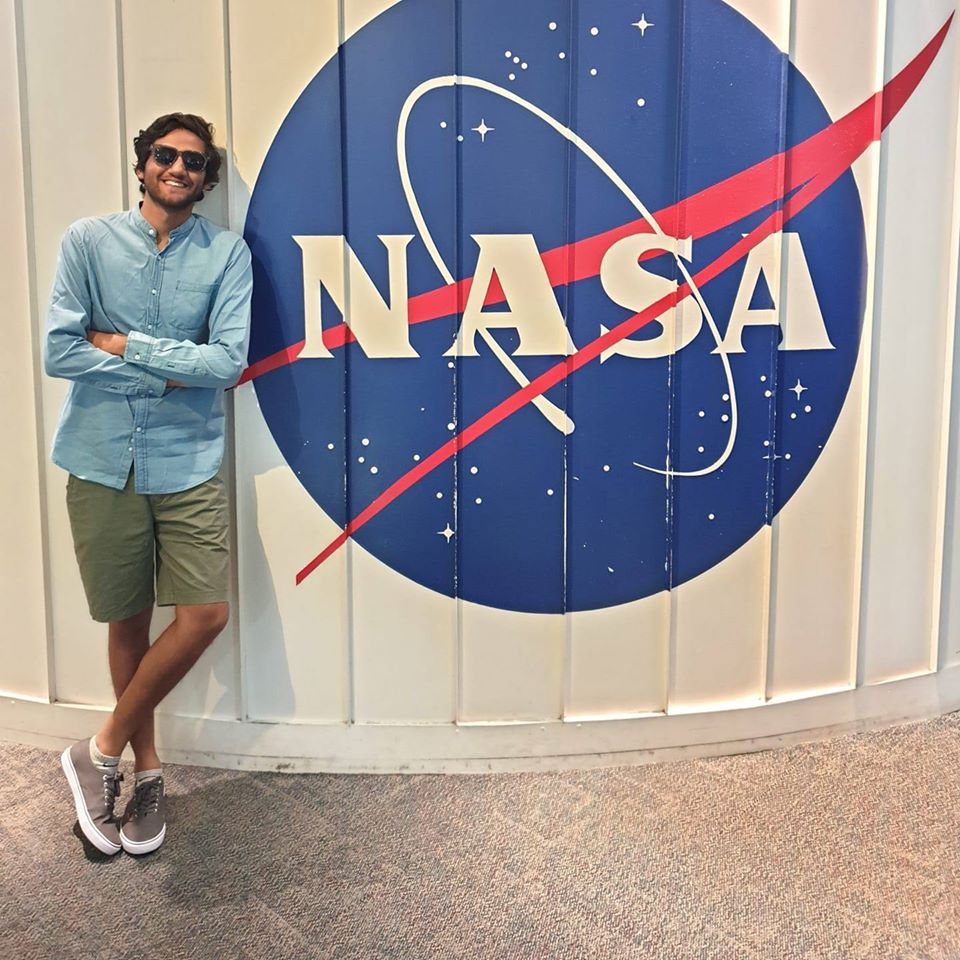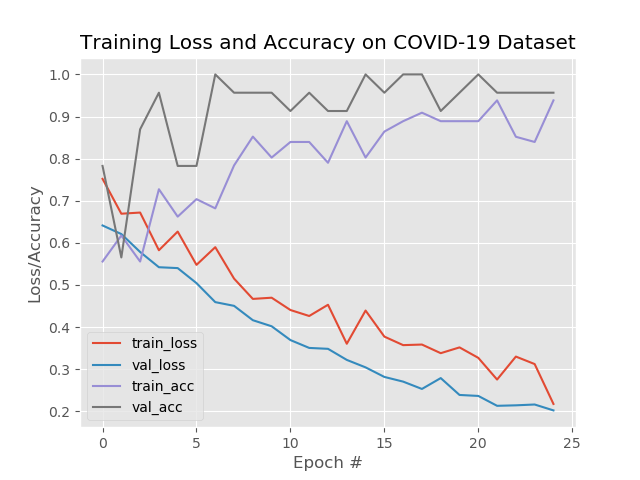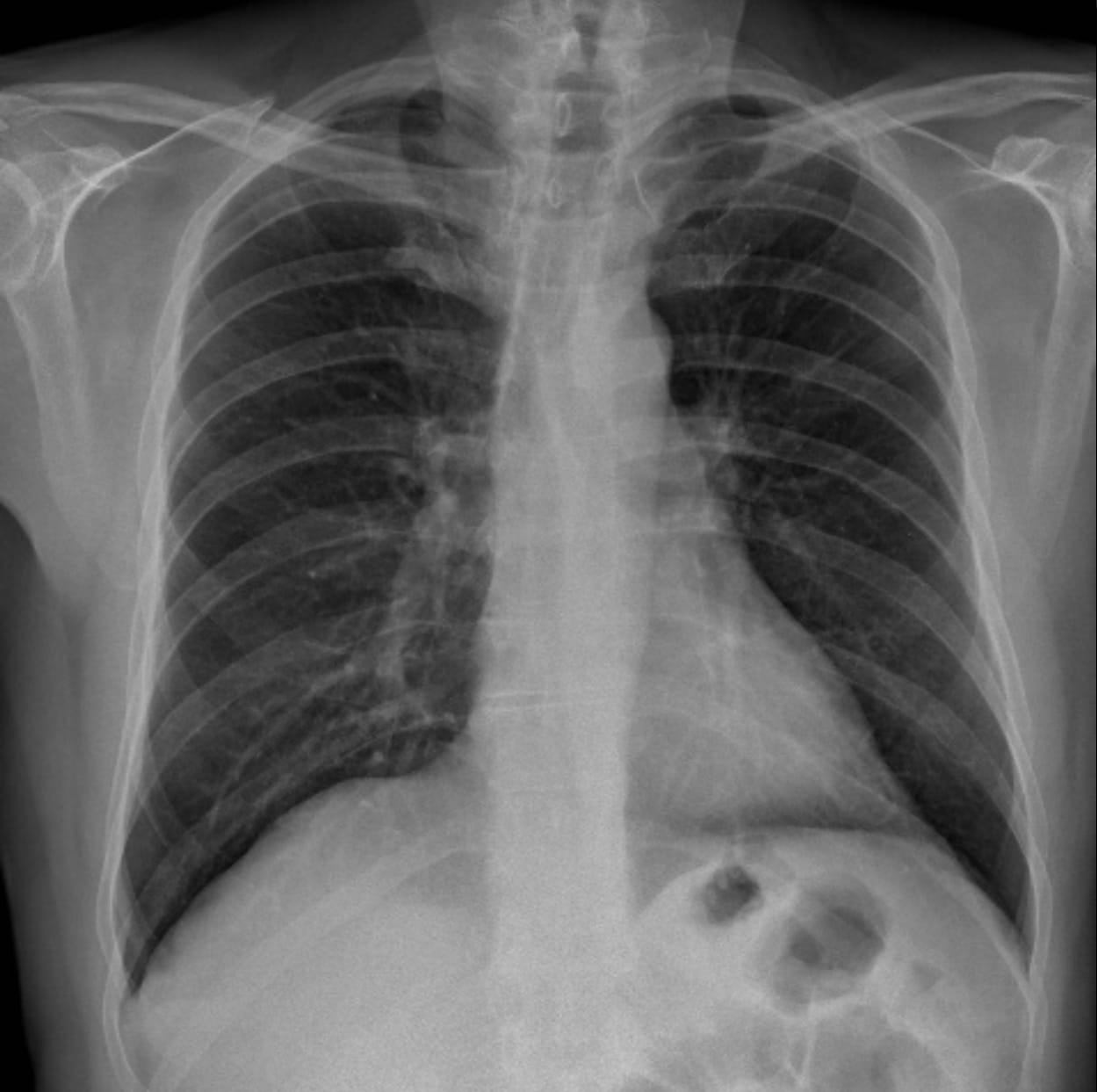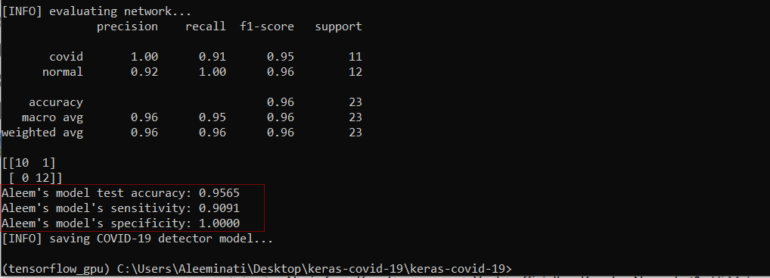The deadliest contagious virus of our times, Novel Covid-19 Coronavirus, has taken the world by storm. Amidst this storm, heroes are rising all over the world. The whole world now knows that this villain cannot be fought alone.
[adinserter block =”3″]
Pakistan has now been hit with Coronavirus, and things seem to be falling out of place. The address made by the Prime Minister of Pakistan for the general public yesterday was a clear message that tough times are coming, and we need to fight it, together.

In this tense situation, a ray of hope has come from the Ghulam Ishaq Khan Institute of Engineering Sciences and Technology (GIKI). A final year student of GIKi, Muhammad Aleem, claims he has come up with a plan of detecting Coronavirus with 96% accuracy. Aleem says it is possible through Artificial Intelligence (AI). Previously, some students from Habib University had also tried to create an App to control the virus.
“With certificates in Artificial Intelligence from Stanford, IBM, and DeepLearning.ai. I love to apply engineering to the medical field which motivated me to use AI (Artificial Intelligence). I used this to diagnose COVID-19 since Pakistan doesn’t have proper resources for that. Other than this I’m also developing robotic arms for medical surgery,” said Aleem.

How does the AI work in detecting Covid-19?
American College of Radiology (ACR) released its findings that chest CT scans can be used to diagnose COVID-19. However, Pakistan doesn’t have such widespread expertise to diagnose the virus using CT scans and along with that CT scans here are expensive.
Recently, China’s Alibaba group formed an AI detector that can use chest CT scans to diagnose COVID-19 with almost 96% accuracy. However, Alibaba did not open-source its application so nobody knows its working. So, Aleem took on the onus to develop an AI detector for Pakistan.

Coronavirus positive X-ray
In addition, after several nights of work, Aleem was able to develop an AI detector that uses chest X-rays (can be found in almost every hospital) and can detect with 96% accuracy. This was done using Neural Networks and a dataset of X-ray images (COVID-19 positive from Dr. Joseph Paul Cohen’s GitHub repository and normal cases from Kaggle).
Furthermore, a branch of AI called Neural Networks is used for detection. Neural networks mimic the behavior of the brain by using neurons and weights on the connections among neurons to make decisions. The machine learns by learning from its mistakes and updating the weights.
How AI detects the virus
For this specific task, CNN (Convolutional Neural Network), a type of Neural Network, was used. CNN works by finding features in an image to help in classification. In COVID-19’s detection, CNN’s task was to learn the features in a chest X-ray. Features that indicated the presence of the virus.
Consequently, the datasets of X-ray images used in this process were by Dr. Joseph Paul Cohen, Kaggle and some other sources and the particular framework used as Tensorflow. The accuracy of the results was between 85-90%. The program is under further development as more data is required to achieve higher accuracy. Government agencies and medical authorities have been contacted for the provision of more data.
Results based on Covid-19 detection
Aleem has done a marvelous job, first of all by thinking out of the box when it comes to such situations. Instead of watching the world burn, Aleem plans on doing something about it.

Moreover, as for the results, Aleem says the detector he has developed can classify correctly about 96% of the time. 100% specificity means that positive COVID-19 cases can be detected 100% of the time and 90.9% specificity means that normal cases (negative COVID1-9) can be detected correctly almost 91% of the time.
In the end, Aleem has urged people to send him as many X-rays as possible of Coronavirus patients, in order for his work to be tested further. The AI detector tells if a person is Coronavirus positive or negative, based on the record fed into the system. So, the more X-rays he has at hand, the higher the percentage of correct results.
If you wish to contact Aleem, you can do so at: (aleemm790@gmail.com)







